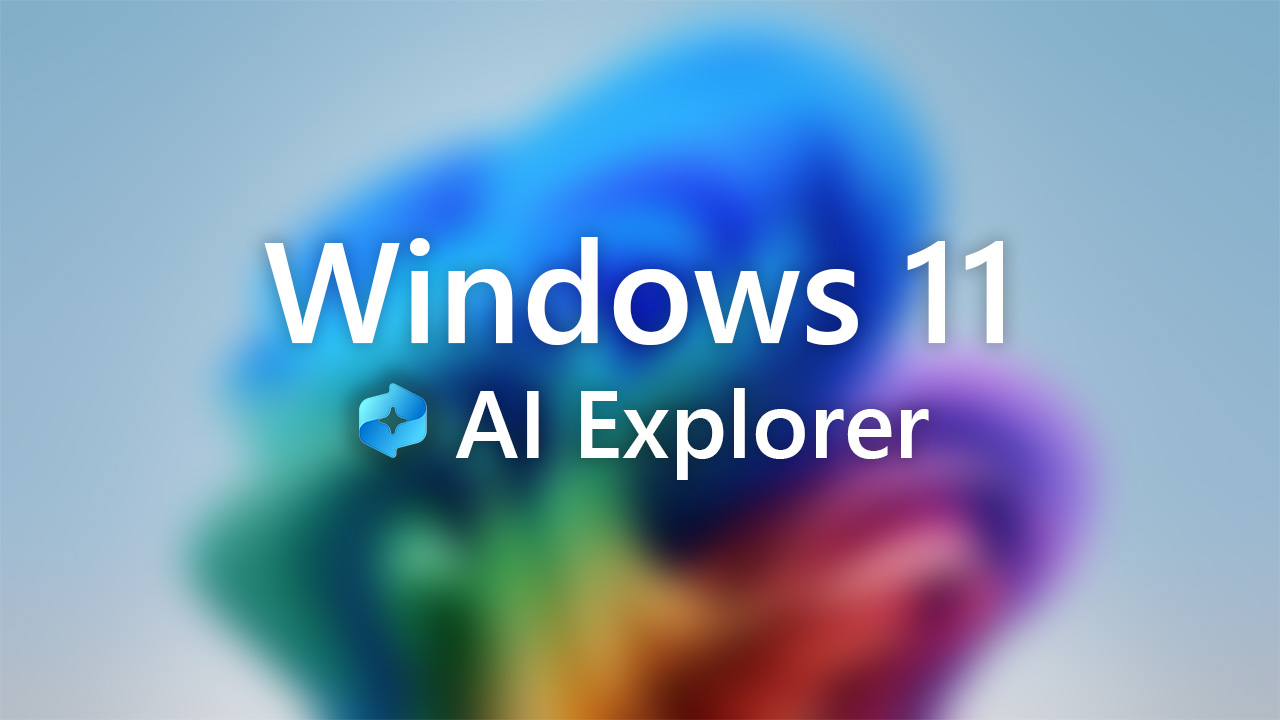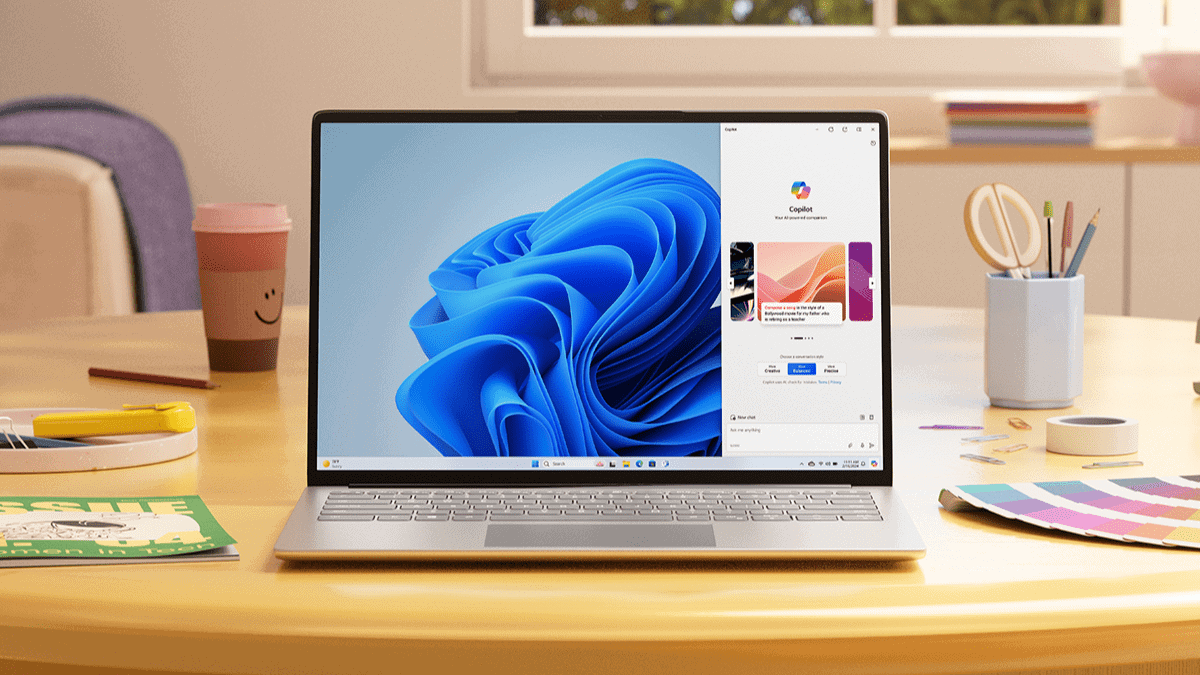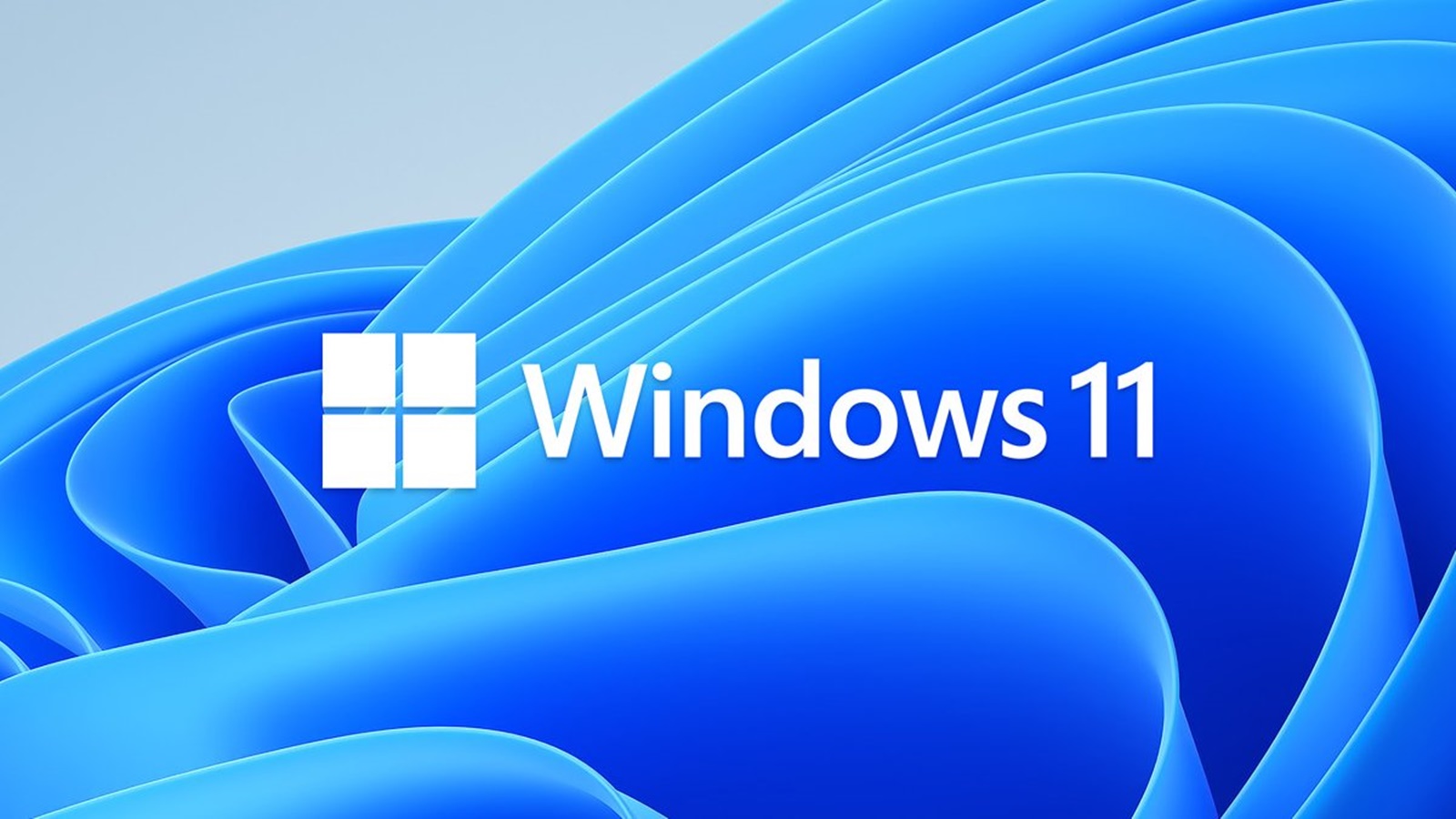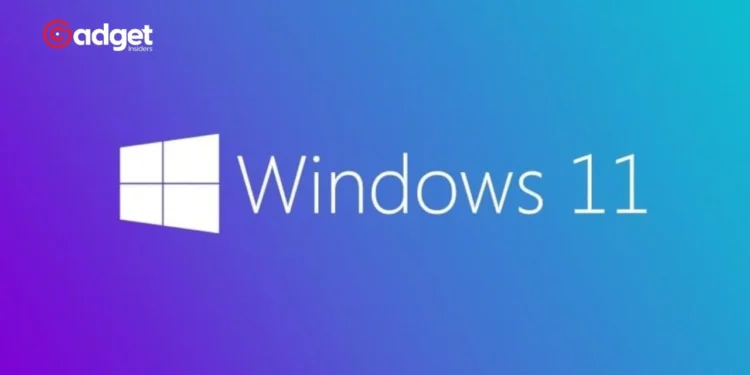Microsoft is poised to redefine personal computing this summer with its innovative AI Explorer feature for Windows 11, promising a leap in productivity and user interaction through advanced AI technologies. This groundbreaking app, known internally as “AI Explorer,” is expected to debut at Microsoft’s special Windows event on May 20.
AI Explorer aims to transform the user experience by making Windows 11 contextually aware and capable of remembering every interaction on a PC.

Harnessing Cutting-Edge Hardware for Seamless AI Operations
AI Explorer leverages the power of next-generation Neural Processing Unit (NPU) hardware to deliver these machine learning and generative AI experiences directly on the device. This local processing not only enhances performance with low latency but also addresses privacy concerns, as data does not need to be sent to the cloud for processing.
In the beginning, this functionality will only be available on devices that are equipped with chips from Qualcomm’s Snapdragon X series. This will ensure that customers experience the most effective and quickest artificial intelligence performance that is currently available.
So, what exactly is AI Explorer?
It's Windows 11's upcoming defining AI PC feature, utilizing next-gen NPU silicon to analyze everything you do on your computer, and I'm told it can do some pretty amazing things.
Here's what I know: https://t.co/T4qslhmjm5#windows11
— Zac Bowden (@zacbowden) April 26, 2024
Windows 11: A New Level of Digital Memory and Recall
Imagine an application that not only runs silently in the background but also captures and documents every digital interaction. Whether it’s a conversation in an app, a series of actions, or just routine use, AI Explorer records it all.
Users can later access these recorded “memories” through a sophisticated search interface that understands natural language queries. This means you can easily retrieve information about past activities, like finding a specific document sent by a colleague or recalling a recent online search about dinosaurs.

Enhancing Interaction Across Apps
AI Explorer is not just about memory; it’s about enhancing the way users interact with their PCs in real time. With capabilities that extend across all applications without the need for developer modifications, AI Explorer can suggest actions based on the current content visible on your screen.
This could range from editing suggestions in a photo app to helping draft responses in emails, significantly boosting productivity and easing user workflows.
Beyond Memory: Microsoft’s Broader Vision for AI in Windows 11
Under the leadership of Microsoft CEO Satya Nadella and new Windows lead Pavan Davuluri, Microsoft envisions AI as a seamless orchestrator across apps, services, and devices—effectively acting as a digital agent that enhances user workflows.
This vision extends beyond AI Explorer, with Microsoft planning to introduce more localized AI-driven features such as advanced Windows Studio Effects, real-time language translation in Live Captions, and creative tools in applications like Paint.

What Lies Ahead: The Future of AI in Personal Computing
As the release date approaches, the anticipation for AI Explorer continues to build. Microsoft’s move to integrate such advanced AI capabilities directly into the operating system could set a new standard for personal computing.
This feature not only promises to enhance the functionality of Windows 11 but also marks a significant step forward in how AI can improve everyday productivity and user experience.
With its comprehensive capabilities and forward-thinking technology, AI Explorer is poised to be a cornerstone feature that will differentiate AI-enabled PCs from their non-AI counterparts.
As we await the hands-on reviews and detailed features list post-launch, it’s clear that AI Explorer is more than just a new app—it’s a glimpse into the future of how we interact with our digital environments.










